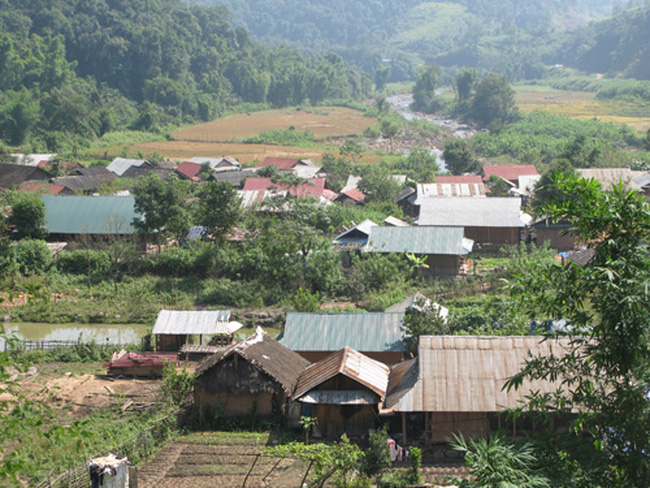Gov't expects to basically end free migration by 2025
VGP – The Government has set goal to basically end free migration in the next five years, according to its latest Resolution No. 22/NQ-CP.
 |
|
Illustration photo |
There were 67,000 migrating households between 2005 and April 2019, causing great social and security consequences.
Under the Resolution, the Government expects to complete arrangement of the rest migrating households, 24,800 ones, to residential areas as planned.
At a meeting on this matter held in December 2018, Prime Minister Nguyen Xuan Phuc outlined the target of putting an end to free migration by 2025, stabilizing the lives of disadvantaged households, and completing 32 settlement projects.
The PM pointed to negative consequences of free migration, which, he said, could affect national defense, security and social welfares and order of localities and the whole country.
“The ultimate purpose is how to help migrants have stable lives and production, children go to school, and old people receive health check-ups and treatment, with no one being left behind,” he said.
The government leader noted that more than 100,000 migrants have yet to register for permanent residence and over 20,000 households have not been stabilized, so the rate of property remains high.
PM Phuc asked the local authorities to encourage people to stabilize their lives by improving infrastructure and enabling them to develop production as well as taking land management measures to avoid encroachment.
He agreed in principle to set aside an addition of VND 2.5 trillion (US$107.2 million) from the central budget in 2019 and 2020 for population stabilization and settlement projects.
According to the Ministry of Agriculture and Rural Development, more than 66,700 households freely migrated to provinces in the Northwest, Central Highlands, and Southwest regions from 2005.
The flow of migrants has reduced strongly in recent years thanks to the implementation of the Party and State’s policies. In 2013-2017, as many as 17,510 free migrating households were assisted to stabilize their lives.
By Thuy Dung

